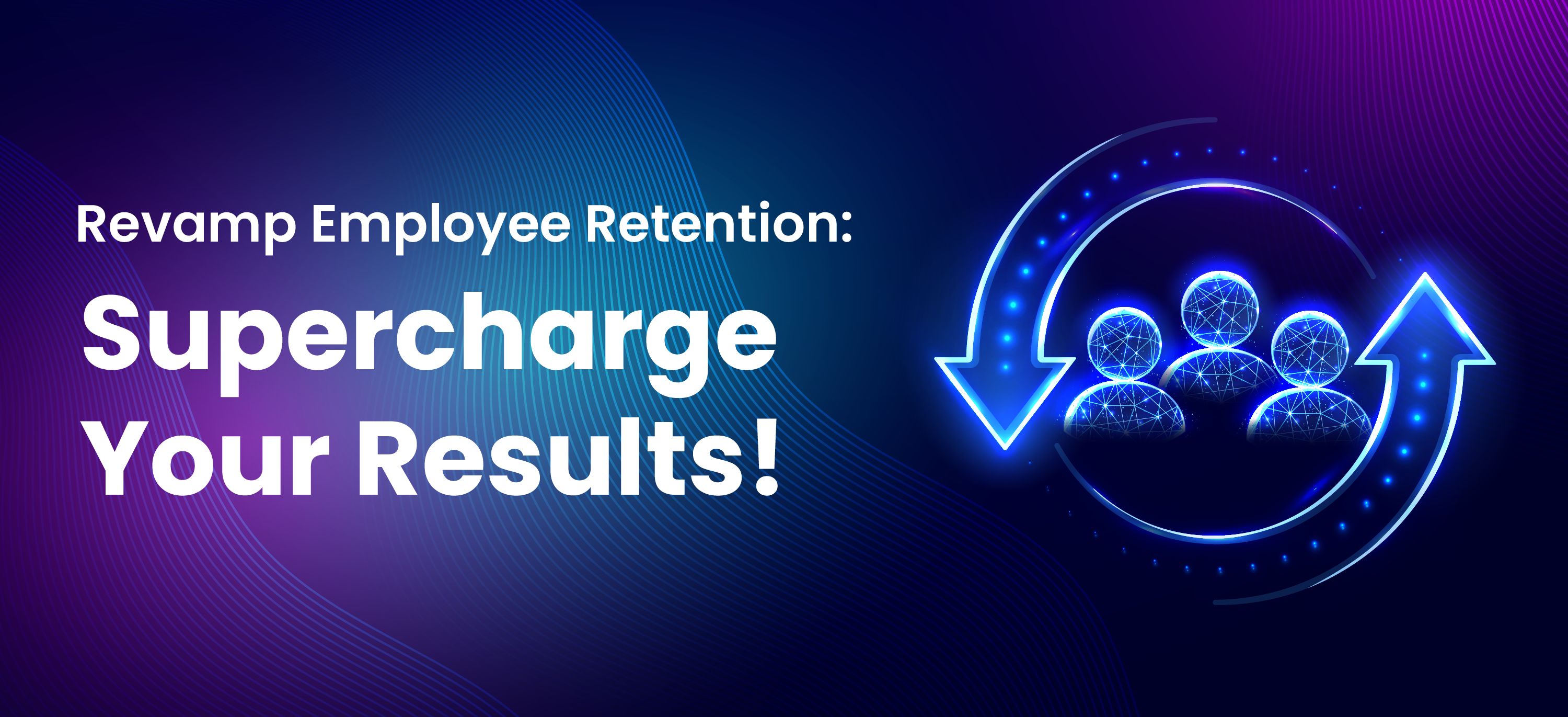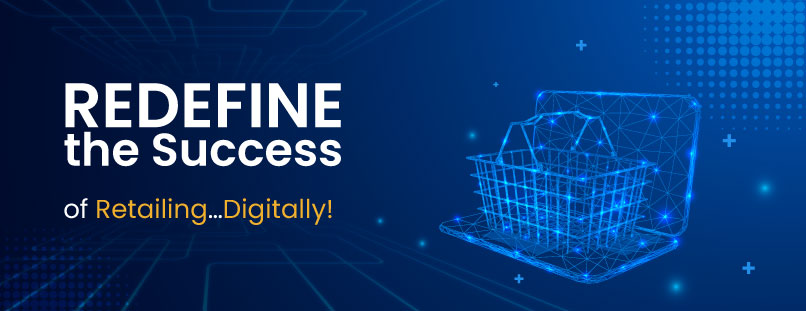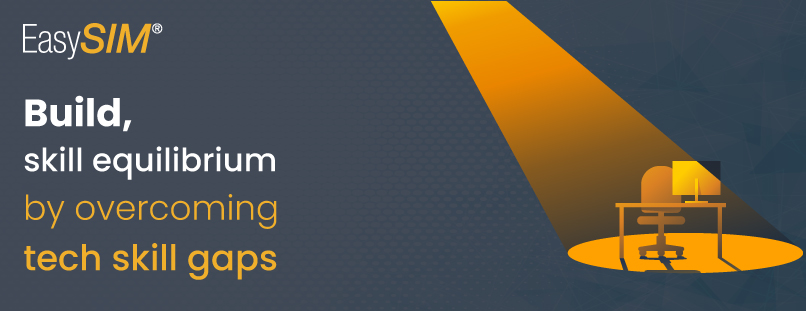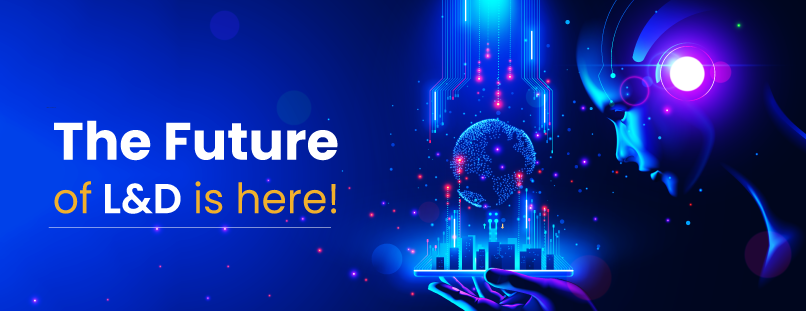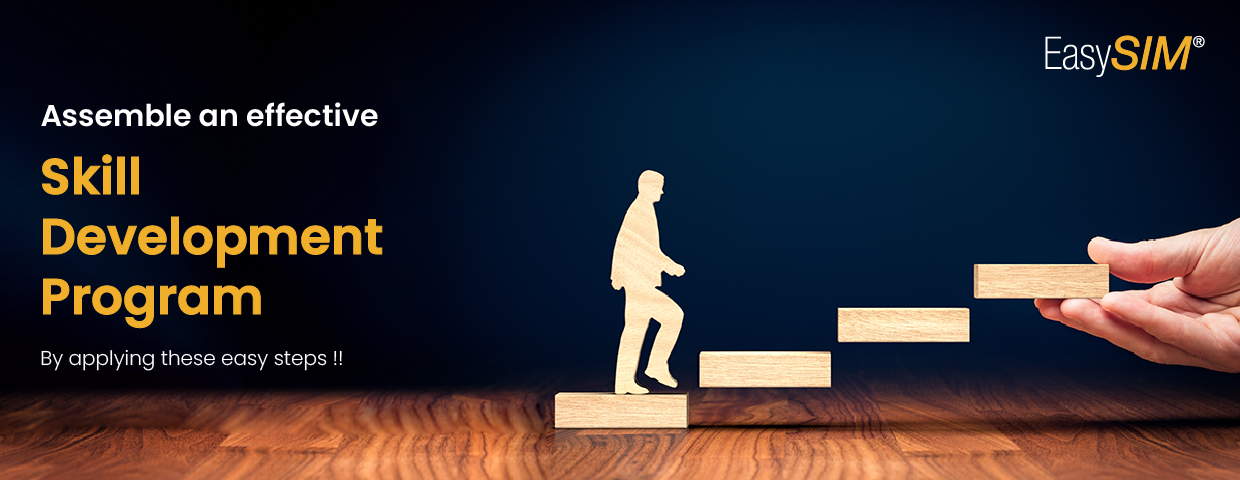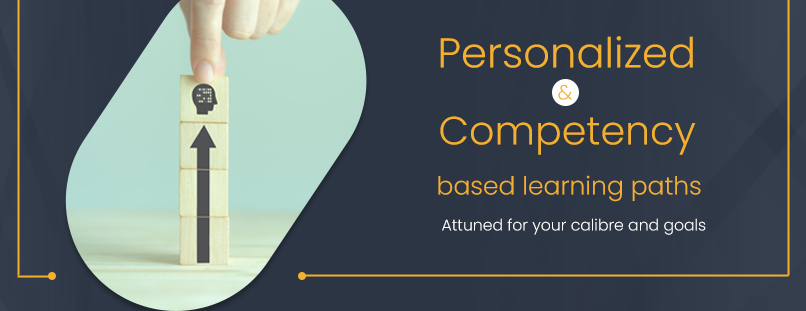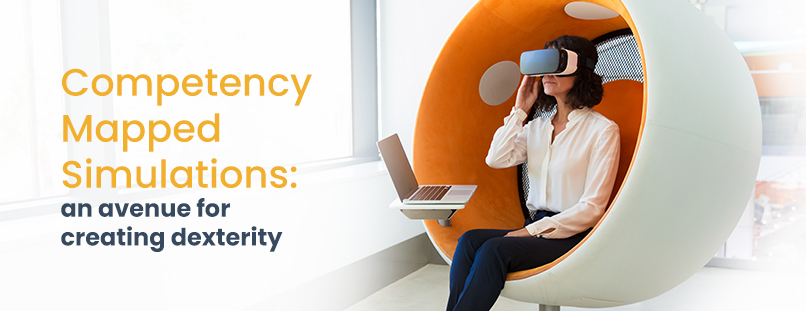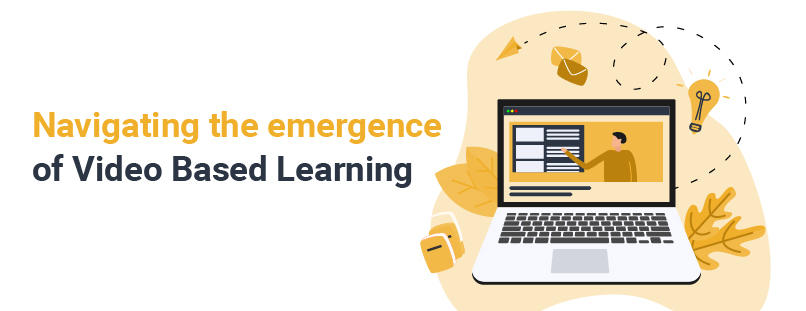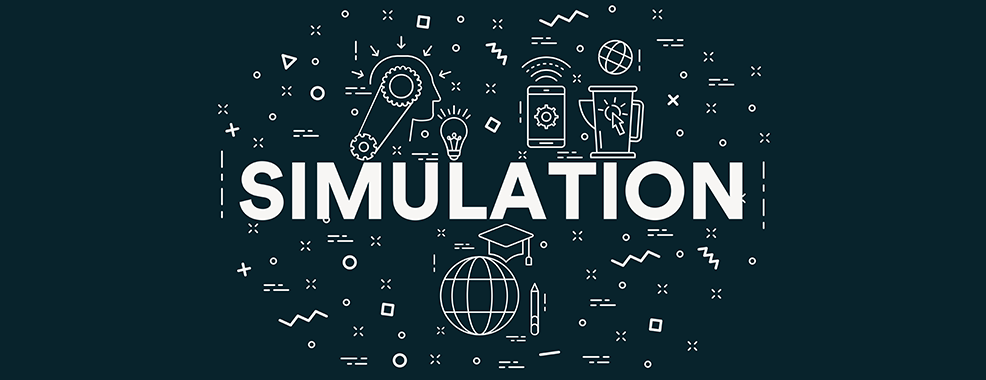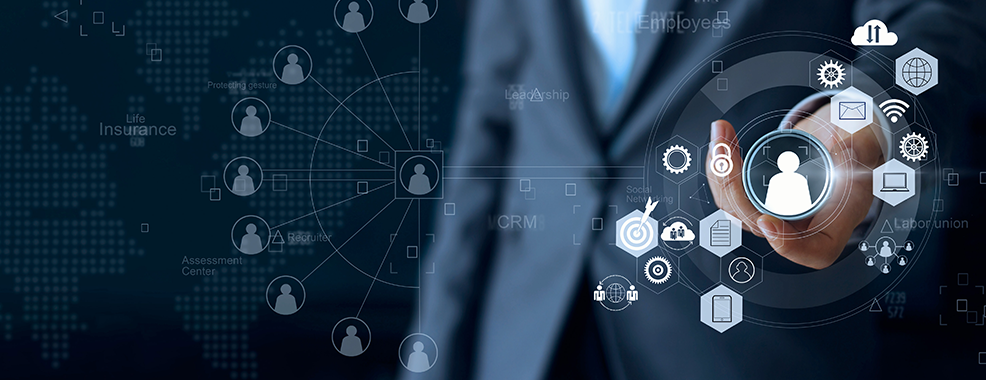DEI: Go-to Reality for Organizations
Diversity, Equity, and Inclusion (DEI) are terms used to connote representation, impartiality, and involvement of diverse people respectively in a workplace. As organizations are increasingly aspiring to create a diverse, equitable, and inclusive environment, they are striving to alter the workplace settings to ensure people of diverse experiences, perspectives, personalities, mental/physical abilities, skill sets, and backgrounds have equal opportunities and a sense of belongingness. Organizations have witnessed innovative results and high performance because of robust DEI initiatives. This may look challenging as it requires people to step out of their comfort zone and change habits. However, the results born out of it are rewarding and worthwhile.
Why should you care?
The importance of DEI cannot be stressed enough. DEI has become a key driver of business growth. If you are keen on making your business realize its true potential and distinctive, you need to reinforce DEI initiatives and create an inclusive workplace where everyone feels valued. Take a glance at the benefits that DEI brings to an organization and helps businesses remain on top of the line!

Embrace Diversity, Promote Equity & Cultivate Inclusivity in All Aspects
When it comes to a professional working environment, the following are the types of diversity that organizations should keep in consideration:
- Generation and Life Experiences
- Physical/Mental Ability
- Ethnicity, National Origin, and Race
- Socioeconomic Status
- Gender Identity or Expression, and Sexual Orientation
- Organization Function/Level and Veteran Status
- Personality Type and Physical Characteristics
- Religion, Belief, and Spirituality
- Thinking/Learning Styles
Creating a DEI training program in the workplace is an effective way of making employees aware of potential biases and prejudices in a workplace and how they can address them without backfiring or evoking any negative emotions.
For a successful DEI training program, a digital simulation-based training that blends artificial intelligence and live avatars guarantees positive results on employee’s learning, skills, behavior, and attitude for the following reasons:
- Experiential Learning: Simulation-based learning is highly encouraged to give learners realistic practice so that they can easily implement the acquired skills and behaviour in a real-world scenario. Using simulation learning design, employees will be able to prepare themselves to converse with diverse groups, enhance soft skills, and improve confidence essential to cultivating an inclusive setting.
- Personalized Experience: Immersive learning simulations effectively recreate a real-life tailored experience that is driven towards behavioral predicaments in a real-workplace situation. Each individual is unique and different based on their age, experiences, perspectives, gender, nationality, religion, or work style. This is why, simulation promises equitable training practices in specific situations where learners recognize the differences and biases and implement the right skills to address them.
- Bias-free: Simulation learning provides a safe learning environment for learners to explore a variety of situations without evoking any prejudice or stereotype where a person feels threatened or discriminated against and allows learners to overcome any inhibitions or fear.
Conclusion
DEI training is driven towards a better, positive, and inclusive working environment, which is why organizations are striving to activate their DEI initiatives that are crucial for the organization’s success. The only way to infuse DEI concepts and hands-on skills is to implement digital learning technology that can customize the unique learning experience for individual learners in a risk-free environment.


